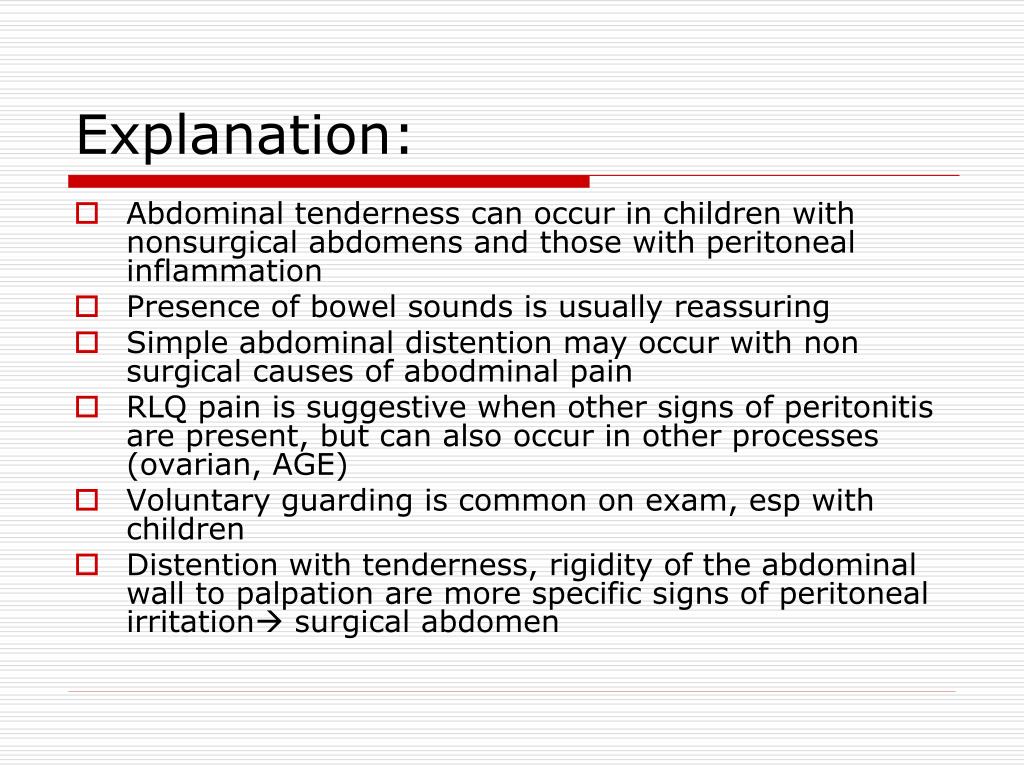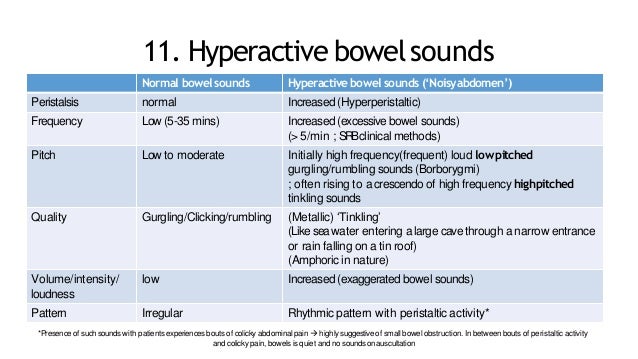
The autonomic nervous system and hormonal factors can modulate this BER. The BER causes the muscle cells of the stomach and small intestines to activate at a regular rhythm (three and 12 times per minute, respectively), in a manner similar to, but slower than, the rhythmicity of cardiac muscle in the heart. This fluctuation is called the basic electrical rhythm (BER) and is a result of inherent activity of the enteric nervous system, which is found in the walls of the gut. The generation of these waves of peristalsis results from a rhythmic fluctuation of electrical potential in the smooth muscle cells, which, all other conditions being appropriate, will cause the muscle to contract. This squeezing of the muscular walls is termed peristalsis and involves a ring of contraction moving aborally (away from the oral cavity) towards the anus a few inches at a time. When the walls are activated and squeeze the tract's contents to mix and propel food, gas and fluids through the stomach and small intestines, it generates a rumbling noise. In general, the gastrointestinal tract is a hollow tube that runs from mouth to anus and its walls are primarily composed of layers of smooth muscle. The physiological origin of this rumbling involves muscular activity in the stomach and small intestines.

Borborygmi actually translates as "rumbling." The etymology of the term relies on onomatopoeia it is an attempt to put the rumbling sound into words. This growling has been of interest for so many years that the ancient Greeks came up with the rather interesting name for it: borborygmi (the plural of borborygmus). Growling is more commonly associated with hunger because it is typically louder when the stomach and intestines are empty and so the organs' contents don't muffle the noise. Furthermore, growling doesn't only come from the stomach but, just as often, can be heard coming from the small intestines.

Causes of loud hyperactive bowel sounds full#
Though stomach growling is commonly heard and associated with hunger and an absence of food in the stomach, it can occur at any time, on an empty or full stomach. Andrews, associate professor of physiology and associate director of the Independent Study program at the Lake Erie College of Osteopathic Medicine, provides the following explanation.


 0 kommentar(er)
0 kommentar(er)
